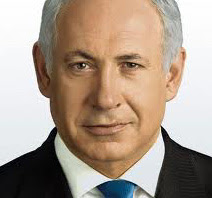
The sun is shining. Christmas has come and gone. Most of us are on holiday and it's a relaxing, comfortable time. And while we are enjoying ourselves Israel is perpetrating yet another massacre upon the unarmed, captive population of Gaza. So far, in the worst attack upon this tiny, crowded strip of land in over 40 years, the heroes of the Israeli Air Force have dumped over 100 tons of bombs, killing policemen, civilians, women and children. Hundreds have been killed, many hundreds more have been wounded.
Israel claims that it is responding to the dozens of home-made rockets which have been launched by Gazan militants, killing one Israeli, in the past week. Cynics claim that it makes good sense, with elections coming up, for Ehud Barak and Tzivi Lipni to demonstrate their strength and resolve. Either way, the response is totally disproportionate. It is a war crime - if one can describe a few thousand lightly-armed men confronting one of the world's most powerful, best-equipped armies as a "war'. No, it is a massacre.
Please, my fellow Australians, help end this slaughter by making your feelings known to our Foreign Minister: http://Stephen.Smith.MP@aph.gov.au and Israel's ambassador to Australia, HE Yuval Rotem: http://ambassadorsec@canberra.mfa.gov.il.
















































